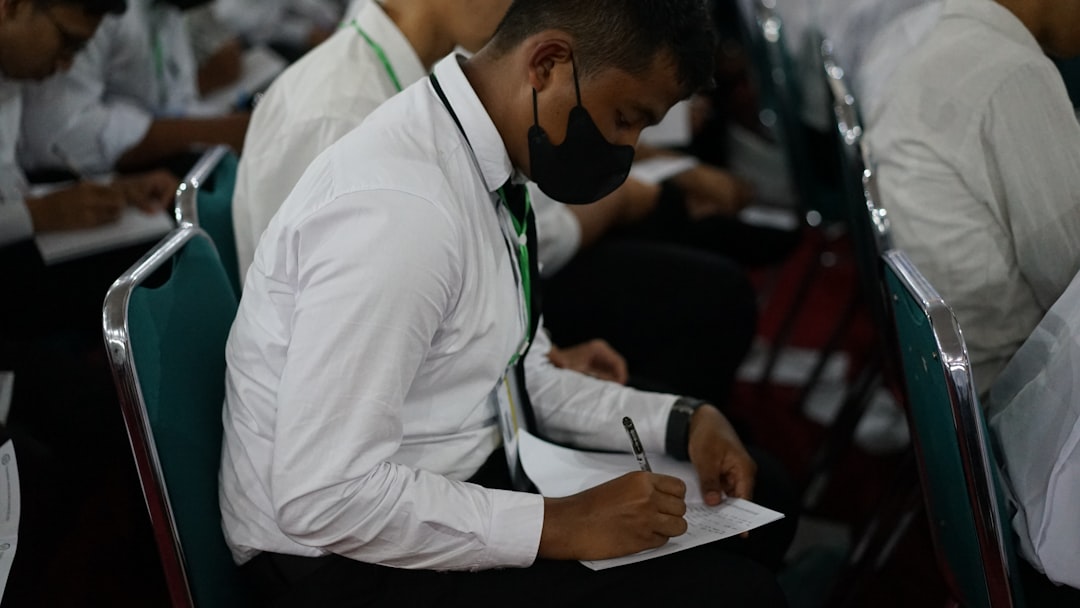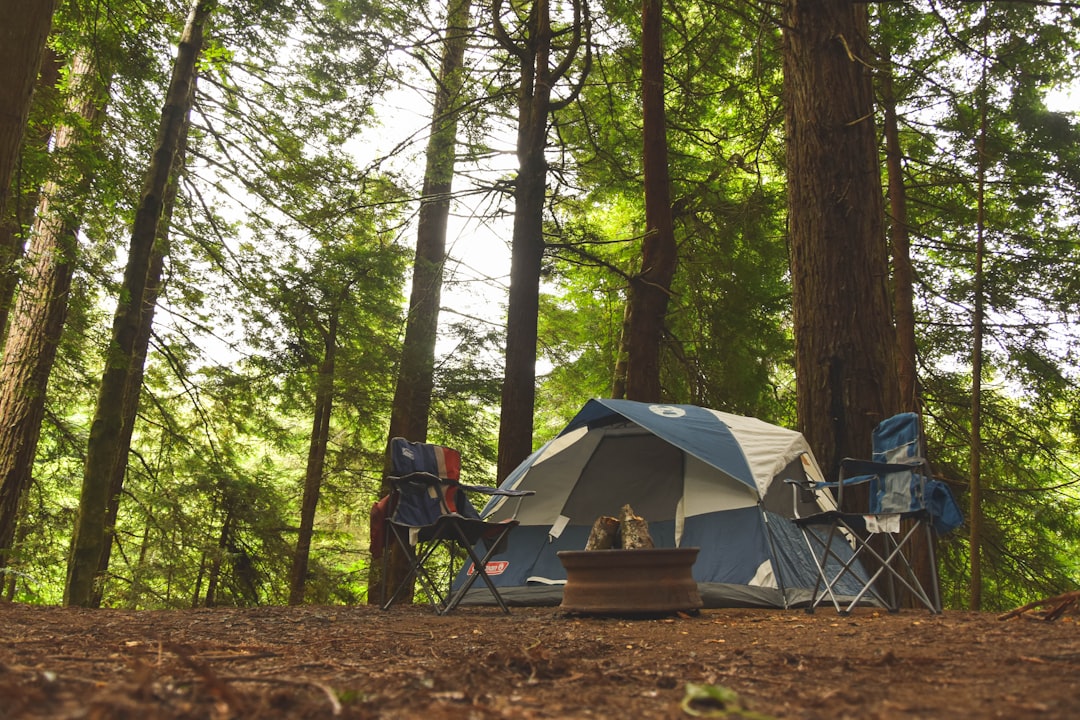Summer camps in America are a cherished tradition that offer children and teens a chance to experience growth, adventure, and camaraderie in a unique setting. These camps provide a break from the everyday routine, allowing young campers to immerse themselves in nature, develop new skills, and build lifelong friendships. From the stunning landscapes of the Rockies to the serene lakes of the Northeast, summer camps are scattered across the country, each offering its own distinctive experience.
In America, summer camps have become an integral part of youth development. They offer a diverse array of activities, catering to a wide range of interests and skills. Whether a child is interested in sports, arts, science, or outdoor adventures, there is a camp designed to meet their needs. Camps might include traditional activities like canoeing, hiking, and campfires, or more specialized programs focusing on theater, robotics, or environmental science.
One of the key benefits of summer camps is the opportunity for children to develop independence and self-confidence. Away from home and the familiar comforts of daily life, campers learn to make decisions, solve problems, and navigate social dynamics on their own. This experience not only builds confidence but also fosters resilience and adaptability. As campers try new activities and overcome challenges, they gain a sense of accomplishment and self-esteem.
Another important aspect of summer camps is the emphasis on community and teamwork. Camps bring together children from diverse backgrounds, encouraging them to work together, respect differences, and form meaningful connections. This sense of community is often highlighted through group activities and shared goals, teaching campers the value of collaboration and empathy.
For many families, choosing the right summer camp involves considering both the location and the specific programs offered. Some parents opt for camps that focus on religious or cultural traditions, such as those provided by Jewish organizations. These camps not only offer traditional camp activities but also incorporate cultural education and community building. For example, summer camps in america often include programs that celebrate heritage and foster a sense of belonging among campers.
Safety is a top priority for summer camps, and most camps adhere to strict guidelines to ensure the well-being of their participants. From trained staff to well-maintained facilities, camps strive to create a secure environment where children can explore and learn without unnecessary risks. Parents are encouraged to research and choose camps that are accredited by reputable organizations, as this can provide an added level of assurance regarding safety standards.
In recent years, the rise of technology has also influenced the camp experience. While traditional camps focus on disconnecting from digital devices, some modern camps integrate technology into their programs. This can include coding workshops, digital art classes, or even virtual collaborations with campers from other parts of the world. Balancing screen time with outdoor activities remains an important consideration for many camps.
Ultimately, summer camps in America offer a unique opportunity for personal growth and discovery. Whether through traditional outdoor adventures or specialized programs, camps provide a supportive environment where children can explore their interests, make new friends, and create lasting memories. As parents and children consider their options, resources like Jewish Camps USA can be valuable in finding the perfect camp experience tailored to individual needs and preferences.
By embracing the camp tradition, families can give their children a summer filled with fun, learning, and personal development, ensuring these cherished memories endure long after the season has ended.








